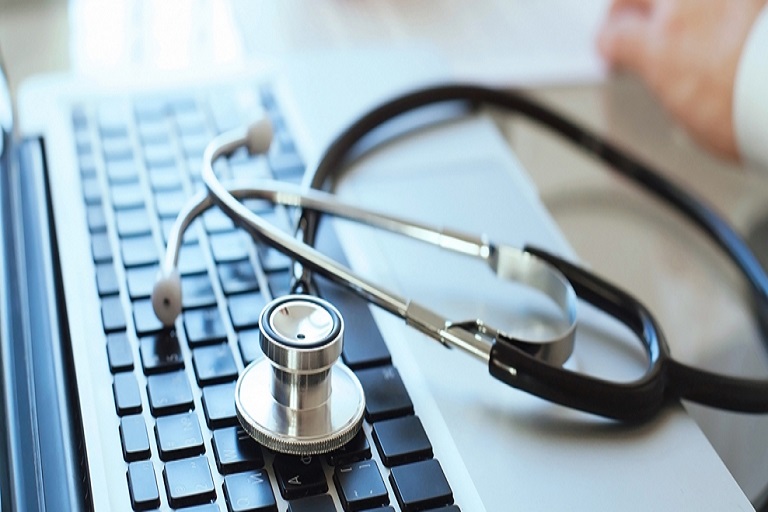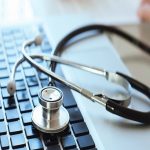More providers than ever before have jumped on the bandwagon of telehealth technology. The use of mobile health tools to connect with patients via Skype, Google Hangouts, or other telepresence applications can reduce the amount of time patients spend at doctors’ offices and even lower overall healthcare costs.
One urgent care provider called Righttime Medical Care has recently adopted HealthGrid’s telemedicine capabilities to give patients more choices and faster access to their medical care provider. Dr. Robert G. Graw, Jr., Chief Executive Officer of Righttime Medical Care, spoke with mHealthIntelligence.com and mentioned the key reasons for adopting telehealth technology at his healthcare system.
mHealthIntelligence.com: “What led you to decide that integrating telehealth technology at Righttime Medical Care is the best decision for your organization?”
Dr. Robert Graw: “It’s a natural fit for us because we see a large number of patients every year and many of the people who call for an appointment – and that’s a bit different from most urgent care centers – have illnesses which really do not need a face-to-face medical encounter. It can be discussed over the telephone and/or through telepresence. We decided that we would explore that as a way to initially treat folks who call – that way we can see more people – and, secondly, as a way to follow-up with patients who we have a long-standing relationship with.”
mHealthIntelligence.com: “What do you hope to achieve from piloting HealthGrid’s telehealth technology?”
Dr. Robert Graw: “There are a lot of services that do this and we looked at most of them. The difference between what HealthGrid is offering and what other people have offered is that most of the companies – if you look at the big players – offer physicians technology but [the doctors] don’t have any patients. Our issue is a little different. We had the patients and we wanted to put in place the technology that made it easy for them to be able to contact us for medical care and that’s what we’ve done.”
“[Telehealth is] really access to care. The Affordable Care Act is meant to provide access to folks and lower the costs of medical delivery. We felt that [telehealth services are better than] having people who call for an appointment and normally expect to come into an office and have a visit that costs $100. There are many conditions that they could resolve through a telepresence visit.”
mHealthIntelligence.com: “Is patient data safety and security important to your organization? Does your organization have a Bring Your Own Device Policy?”
Dr. Robert Graw: “[Safety and security] is the name of the game today. Folks would like to be sure that in all circumstances their private health information is not shared with anybody but the medical clinician who is treating them. So it’s very important. We looked at the various types of communication that people can have – whether it be an email in our organization or an email that was sent back and forth. One of our first questions by our in-house council and IT folks is whether it’s secure and could it be captured for any other purposes than was intended. [Our clinicians] only use smartphones, computers, iPads, and etcetera from our corporation that are secure.”
mHealthIntelligence.com: “Do you have clinicians or patients who utilize mobile health tools to improve wellness and care? Do the physicians record data or access patient records through smartphones or tablets?”
Dr. Robert Graw: “We try to engage the patient to [use mobile tools]. We have a concussion program where we use some of the available apps to record the progress they’re making as they recover. One of the biggest issues we had is tracking the data from visit to visit and a typical doctor’s appointment is not as good as being able to say precisely how the symptoms are progressing from day-to-day and from week-to-week.”
“And we do believe that fitness trackers are helping. We’ve used EKG monitoring equipment and we now use some equipment to look at ear infections. Our doctors use a process that is encrypted through eClinical Works, which is our EHR. We use that to look at clinical records and make appointments.”
























